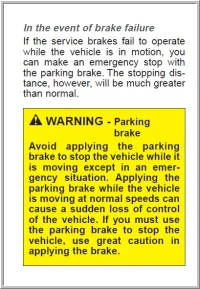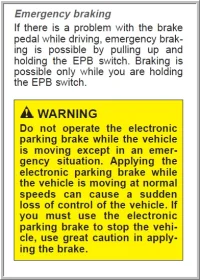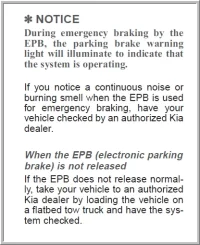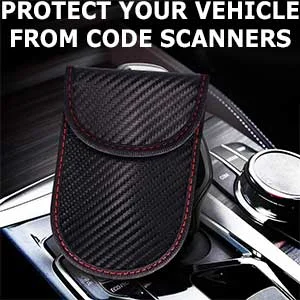stinger123
Member
- Joined
- Jul 26, 2018
- Messages
- 40
- Reaction score
- 17
- Points
- 8
I have had something very unusual that seems to happen intermittently during the winter only- usually once a month or so. It happens under similar circumstances each time when I come to a sliding stop on ice and ABS activates, the car eventually comes to a full stop. After this, about a second or two later, the engine starts revving slightly on its own and the car starts inching/pulling forward even though the brake pedal is still depressed. It is definitely not the car still sliding, as it is after a complete stop and then you can feel the engine pulling the car forward despite brakes on. The car almost feels like it is rocking and will slowly keep moving forward about a foot or two total over 5-10 seconds before it stops. It can be quite scary and I am worried it will pull me into a car in front of me or into moving traffic someday. I plan on taking it in to the dealer but wait times are long and this problem seems very intermittent, so I doubt they will be able to replicate it. Anyone else experiencing this or have any advice as to what could be wrong?










